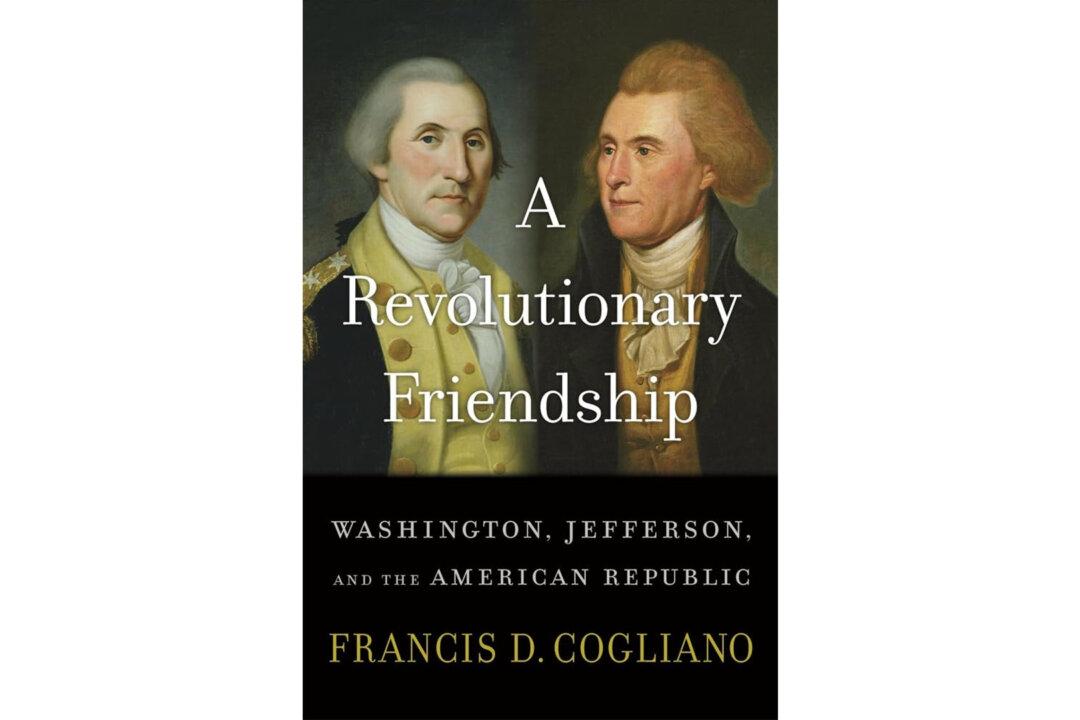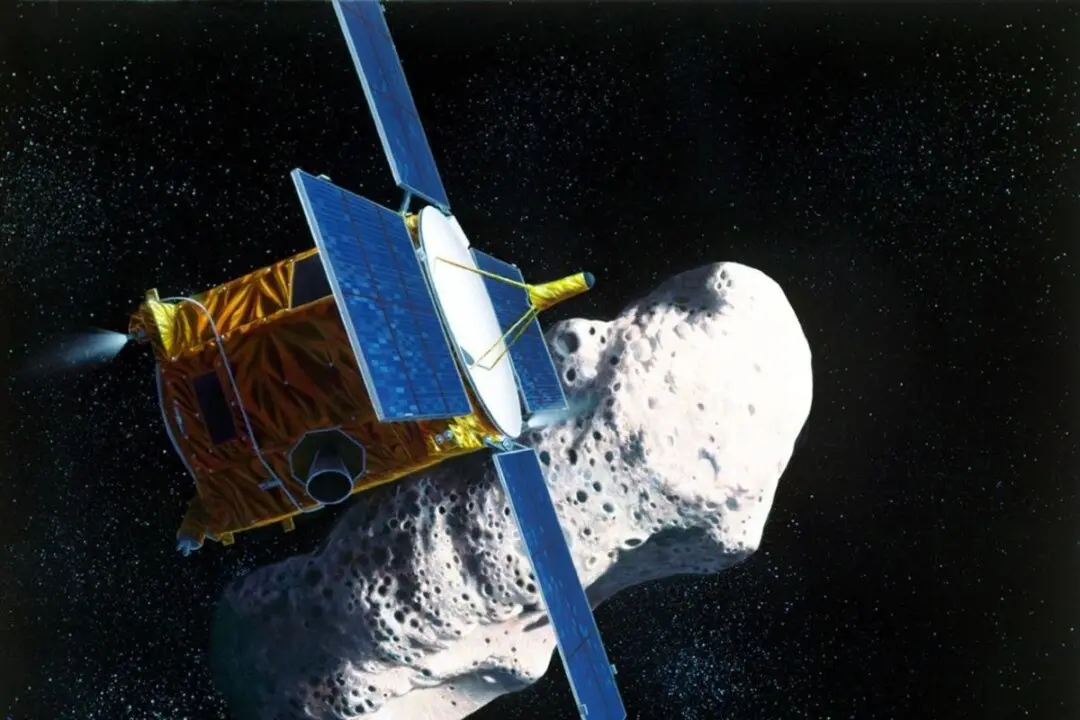What was the relationship between the two most famous Americans—George Washington and Thomas Jefferson—like?
In his new book “A Revolutionary Friendship: Washington, Jefferson, and the American Republic,” Francis D. Cogliano tries to dispel the commonly held view that the two were already “estranged” long before politics poisoned their friendship. This goal is only partially accomplished yet the book is worth reading for spurring reflections on partisanship today.






